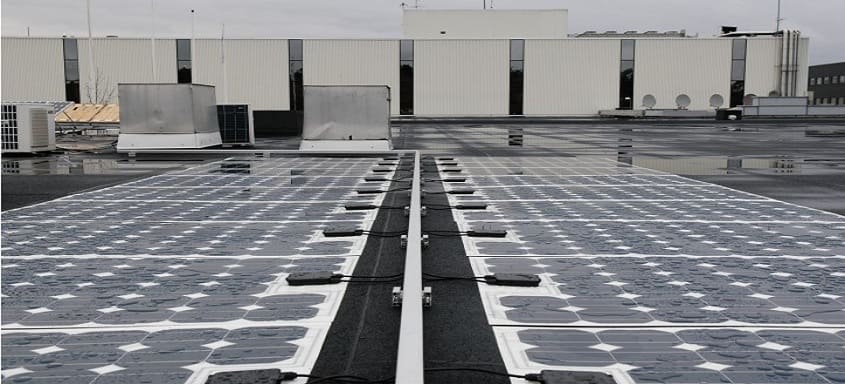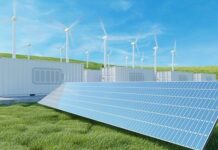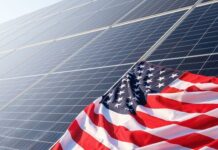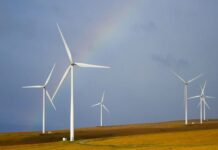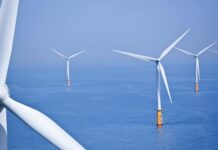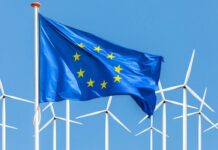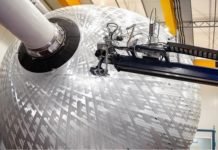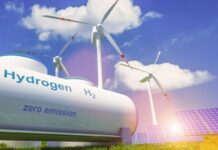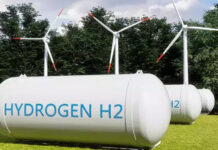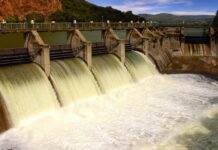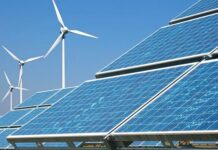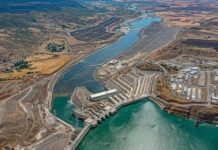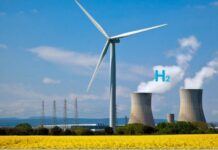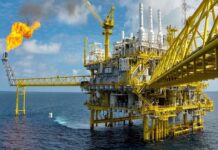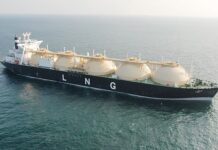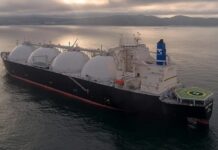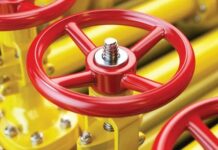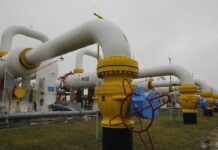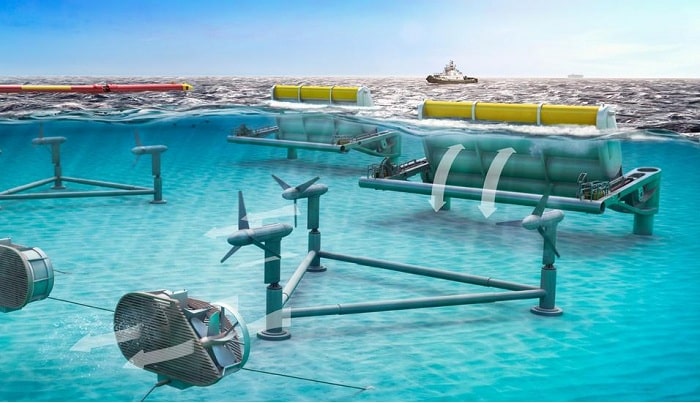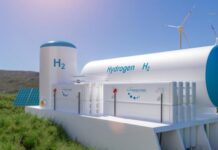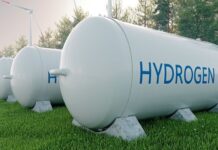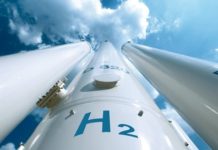In this framework, the SET Implementation Plan (SET Plan IP) for ocean energy was adopted on March 21, 2018. To date the focus has been on the development of research and roadmaps which have helped define the aspirations of the wave and tidal sector. The principle of the ocean energy SET Plan IP is to transform those aspirations into operational actions.
The target timescale regarding actions listed within this plan is 2025 for tidal technologies and 2030 for wave technologies.
To provide support to ocean energy implementation in line with the SET Plan, the OceanSET project was launched in March 2019. It is a three?year EU H2020 project with a total budget of €1 million that gathers together nine partners.
The partners are; The Sustainable Energy Authority of Ireland (SEAI);Wave Energy Scotland (WES); The Directorate General of Energy and Geology (DGEG); France Energies Marines (FEM); Ocean Energy Europe (OEE); The National Agency for New Technologies, Energy and Sustainable Economic Development (ENEA); Ente Vasco de la Energía (EVE); The University of Edinburgh and The Oceanic Platform of the Canary Islands (PLOCAN).
OceanSET has 3 key objectives:
- To facilitate and provide support to the implementation of the SET Plan IP technology development actions;
- To promote knowledge sharing across the European Commission, member states, regions and other stakeholders in the ocean energy sector;
- To investigate collaborative funding mechanisms between Member States and Regions.The OceanSET project will help to obtain a solid understanding of the current activities across Europe regarding ocean energy in order to determine how the sector will evolve.
The development of a collaborative information sharing process across the member states and regions is at the core of the OceanSET project. An annual process is proposed, comprising four key stages:
- Mappingto gather information on the ocean energy sector across Europe and collect information on policy, financing, technical and environmental activities;Analysisto compile and analyze the data collected from stakeholders and to identify any areas where gaps exist in information provided / available;
- Monitoringto assess the progress of the ocean energy sector by tracking key metrics and to identify areas where progress is lacking and priority areas that need to be addressed;
- Reviewto provide recommendations on the next steps required and to ensure that the priority areas identified in the monitoring stage are aligned with the member state and regional agendas.
This project has received funding from the European Union’s Horizon 2020 research and innovation program.
In the coming weeks questionnaires will be distributed to developers and agencies of the member states based on indicators defined in advance by the consortium.
A knowledge workshop is currently scheduled for September 30, 2019, alongside OEE2019 in Dublin to monitor the progression towards ocean energy targets.



